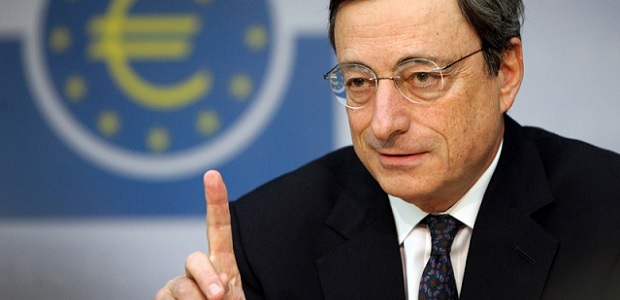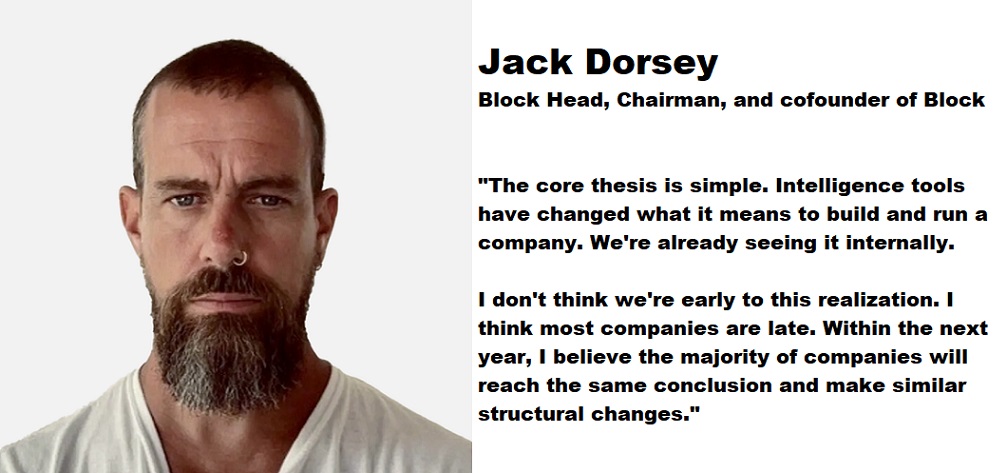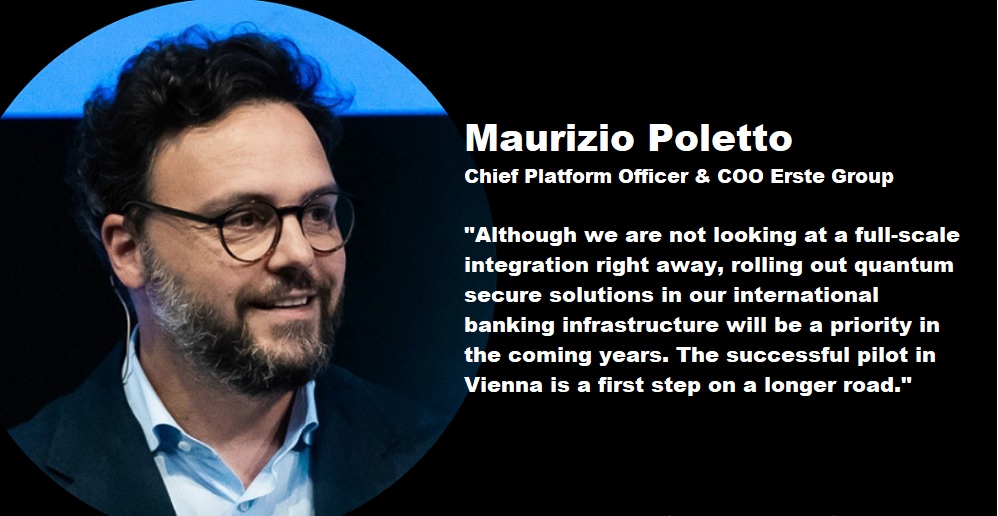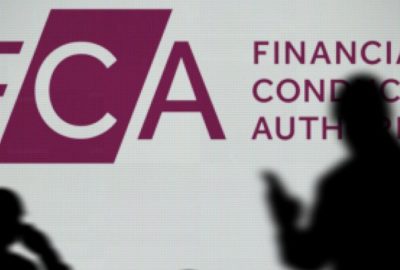Mario Draghi, ECB: „Fintech can make it easier for banks to adjust their business models, cut costs and exploit new business opportunities”

Greater financial efficiency in the euro area is crucial in improving the allocation of capital and ensuring it is put to productive use. Innovation in financial instruments, services and infrastructure, as well as changes in the organisation of financial markets, can play a useful role in that respect, believes Mario Draghi, president of ECB.
„Today, fintech – the application of new technologies to banking and financial services – is a potentially transformative force. We are closely monitoring its development for several reasons: to better understand its impact, to assess the risks and to adjust the regulatory environment and supervisory approaches where needed; and also to adapt as an institution and support innovation where justified.”, Draghi said in a introductory statement at the ECON committee of the European Parliament.
As fintech, and financial innovation more broadly, have the potential to impact the way the economy is financed, in the future they may affect the transmission mechanism of monetary policy and ultimately financing conditions. As the central bank for the euro area, „we thus remain vigilant and make sure that changes in the financial landscape are closely tracked”.
Distributed Ledger Technologies (DLT)
As central bank of issue for the euro, the ECB and the Eurosystem also have a statutory interest in the safety and efficiency of payment systems and market infrastructures. One of the most active fields of fintech innovation which might affect the processing of payments and securities is that of distributed ledger technologies (DLTs), such as the blockchain.
„Given the rapid pace of development in this field, there is a need to constantly monitor and assess potential new or more pronounced risks resulting from the application of new technology such as DLTs to payment, clearing and settlement infrastructures in particular. One such possible risk is an increase in market fragmentation if different DLT approaches were to become firmly established in parallel in different Member States. Moreover, the Eurosystem oversight framework has to remain effective if we are to discharge our responsibility in this new environment. And the Eurosystem will of course continue to act in accordance with its mandate to promote the smooth operation of payment systems.”
„Fintech also gives the financial sector, more generally, a chance to provide more efficient and effective services to households and companies. Fintech can, for instance, make it easier for banks to adjust their business models, cut costs and exploit new business opportunities. Fintech companies can also complement the lending capacity of banks by acting as an additional channel for accessing credit, for instance through peer-to-peer lending platforms. This may in turn help to reduce the macroeconomic fallout from disruptions in the provision of bank credit to households and firms, including smaller ones.”
„At the same time, the increasing relevance of non-banks and digital innovation in the provision of financial services may also harbour new risks. It is, for instance, essential to assess and adapt the prudential framework to cater for the increased role of non-banks and financial innovation, ensure the existence of a level playing field for both new and existing players and provide supervisors with adequate tools to address new risks. To this end, we are actively involved in ongoing work at both European and international levels.”
Furthermore, Draghi said that risks stemming from the use of new technologies need to be carefully managed, particularly in the context of heightened cybersecurity concerns.
„Cyber risk has long been a priority for national and European supervisory authorities. Since day one, the ECB Banking Supervision has also addressed the issue from various angles. As financial market infrastructure overseer, we also need to ensure that individual systems, as well as the network as a whole, are operationally resilient to cybercrime.”
In conclusion:
„Fintech has the potential to improve efficiency in the financial sector, create better products and push prices down for consumers. But it has other dimensions too, in the shape of potential risks and new regulatory questions. It is in all our interests to rise to this challenge. As fintech involves the entire financial sector, different regulatory responses are likely to be needed. Depending on the nature of the fintech activity, those responses may need to encompass prudential, consumer protection and other regulation – but, at the same time, they should not hamper healthy developments.”
Dariusz Mazurkiewicz – CEO at BLIK Polish Payment Standard
Banking 4.0 – „how was the experience for you”
„To be honest I think that Sinaia, your conference, is much better then Davos.”
Many more interesting quotes in the video below:










